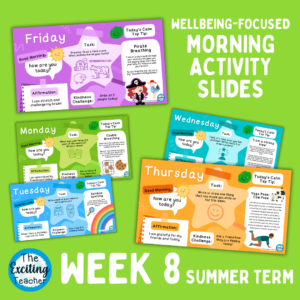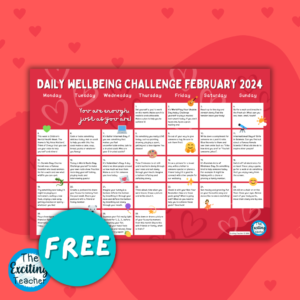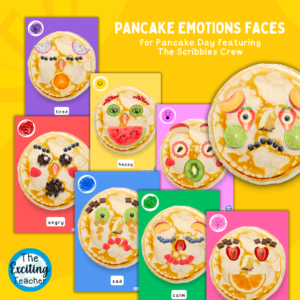Progressive Muscle Relaxation (PMR): Relaxing Calm Down Strategy for Children

Progressive Muscle Relaxation (PMR) is a relaxation technique that can be used to help children calm down and relax. It involves tensing and releasing different muscles in the body. This technique is easy to learn and can be done almost anywhere. It is especially helpful to use before bed to promote a good night’s sleep.
To begin PMR, the child should start by tensing the muscles in their feet and holding for a few seconds before releasing. They can then move on to their legs, slowly working their way up their body, tensing and relaxing different muscles as they go. The goal is to focus on the sensations in each muscle group, allowing the child to become more aware of their body and release any tension they may be holding.
PMR is a great calming strategy for children who may struggle with anxiety or have difficulty relaxing. It can help them to better manage their emotions and promote feelings of relaxation and calmness.
This resource is suitable EYFS, KS1 (when trained in how to use the resource), and KS2.
Relevant Curriculum Links:
England PSHE – Which statutory PSHE curriculum* objectives does this resource fall into? *in line with the PSHE Association 2021 Statutory Guidance.
KS1:
- H13. how feelings can affect people’s bodies and how they behave.
- H18. different things they can do to manage big feelings, to help calm themselves down and/or change their mood when they don’t feel good.
KS2:
- H20. strategies to respond to feelings, including intense or conflicting feelings; how to manage and respond to feelings appropriately and proportionately in different situations.
Scottish Health and Wellbeing Curriculum Outcome(s):
- Mental and Emotional Wellbeing:
- I know that we all experience a variety of thoughts and emotions that affect how we feel and behave and I am learning ways of managing them. HWB 0-02a / HWB 1-02a / HWB 2-02a / HWB 3-02a / HWB 4-02a.
- I understand that there are people I can talk to and that there are a number of ways in which I can gain access to practical and emotional support to help me and others in a range of circumstances. HWB 0-03a / HWB 1-03a / HWB 2-03a / HWB 3-03a / HWB 4-03a.
- I understand the importance of mental wellbeing and that this can be fostered and strengthened through personal coping skills and positive relationships. I know that it is not always possible to enjoy good mental health and that if this happens there is support available. HWB 0-06a / HWB 1-06a / HWB 2-06a / HWB 3-06a / HWB 4-06a.
More amazing resources you might like:
- All
- 5 Point Scale
- Emotional Literacy
- Emotions and Feelings
- KS2
- Morning Slides
- New Year
- PSHE Curriculum
- Physical Health
- Self-Care and Wellbeing

‘My Worry Pizza’: Sorting Worries and Exploring Coping Skills

Morning Activity Slides – Week 8 (Summer Term): Emotional Literacy, Wellbeing and Mindfulness Focused

The Stress Bucket: Managing Stress

My Year in Review: Reflective Journaling Prompt Sheet

‘Food and Mood’: Sorting Nutritionally Rich Foods Activity

FREE: Daily Wellbeing Challenge – February 2024 Calendar

My Self-Esteem Journal

Morning Activity Slides – Week 1: Emotional Literacy, Wellbeing and Mindfulness Focused (Try for FREE!)

Pancake Emotions Faces (featuring The Scribbles Crew) (Pancake Day themed)

The Scribbles Crew: Fine-Motor Skills Emotions Playdough Mat
Share this resource:
Request a Resource
Want to request or suggest a resource? Pop us a message below and we will see what we can do. We are not able to respond directly to all requests but be rest assured, we are reading them and constantly updating the resource bank accordingly to all your fabulous ideas!
